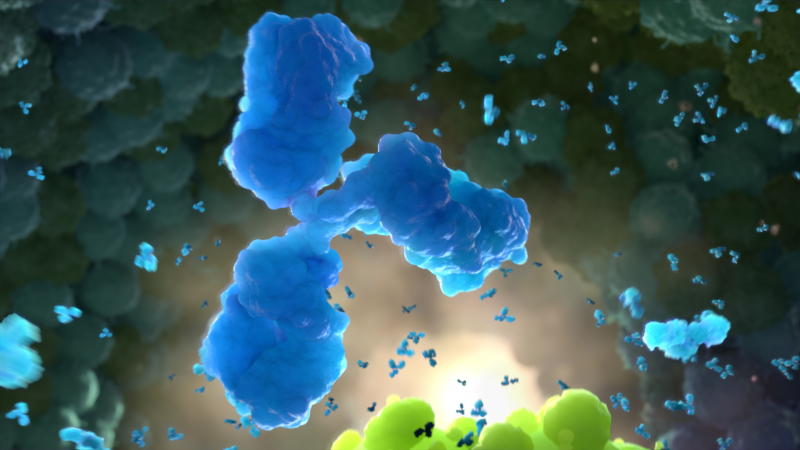Science & Society #7 – Why dose matters

Think of your favorite food. What if you could eat only that food for every meal, every day, for the next year? What do you think would happen? In addition to (probably) getting tired of it, you would likely also not be as healthy as you are today – even if your favorite food is salad. Your health would be affected because no single food has all of the nutrients that your body needs. In this scenario, you would suffer the effects of a lack of certain vitamins or minerals needed for the various systems in your body to function properly.
The reverse can also happen. Meaning, people can get sick if they consume too much of some nutrients. Megavitamins are a good example of this. People are often under the impression that taking high doses of vitamins can only help them. But, research has shown this is not the case. For example, too much vitamin E increases a person’s risk of getting cancer. The same has been found for certain other vitamins as well. In this scenario, the suffering results from doses of certain vitamins that are too high.
So, if too little of something is bad and too much of something is bad, what do we do? It is important to realize that the dose matters. We discussed examples related to foods, but the same can be said for medications, chemicals in the environment – even water. Unfortunately, when people do not consider the importance of the dose, they can make ill-informed decisions. Concerns about the amount of aluminum, formaldehyde or mercury in vaccines, fluoride in water and toothpaste, and sulfates in shampoos have all led people to be scared of products intended to help them. And, while choosing a different shampoo is not likely to affect a person’s health, forgoing a vaccination might.1
For Discussion
In the case of vitamins, people take large doses that may harm them without realizing it. In the case of vaccines, people forgo a life-saving product because of unfounded concerns about their exposure to certain chemicals. Why do you think people fail to consider the importance of the dose, and how do you think scientists can better prepare the public to evaluate dose when making decisions?
Additional resources:
1To find out more about this topic, check out Chapter 7, Nobel Prize Disease, of Pandora’s Lab: Seven Stories of Science Gone Wrong, by Paul A. Offit, MD.
About the series:
The Science & Society discussion series is based on the book, Pandora’s Lab: Seven Stories of Science Gone Wrong, by Dr. Paul Offit, Director of the Vaccine Education Center at Children’s Hospital of Philadelphia. We understand that teachers are using this book in high school classrooms, so in an effort to continue providing classroom resources, we developed this series to provide short reading passages that will leave students with questions to further explore in classroom discussions or specific projects. By presenting scientific ideas representing two sides of an issue, students will have the opportunity to consider how science fits into society from political, ethical, and legal points of view.

